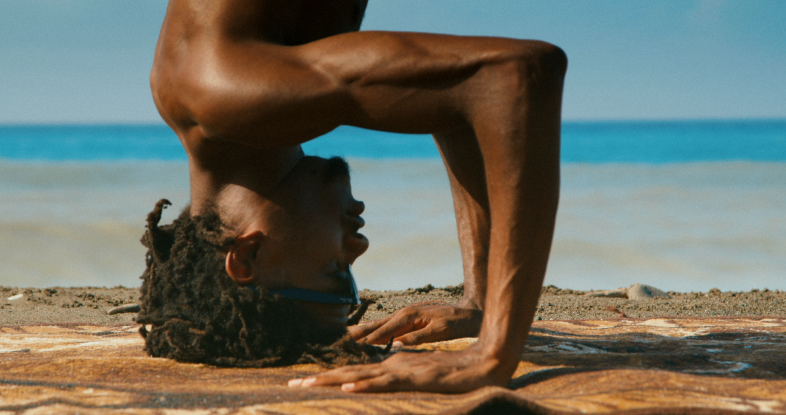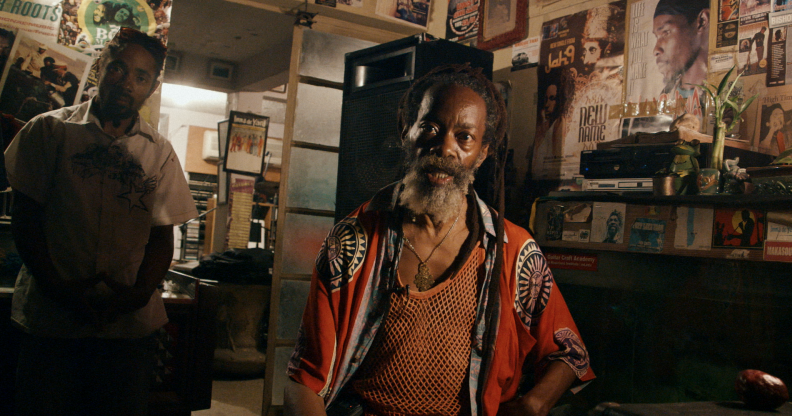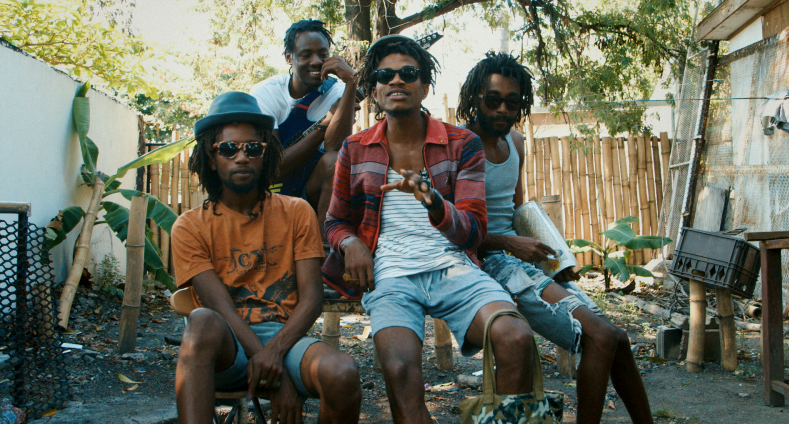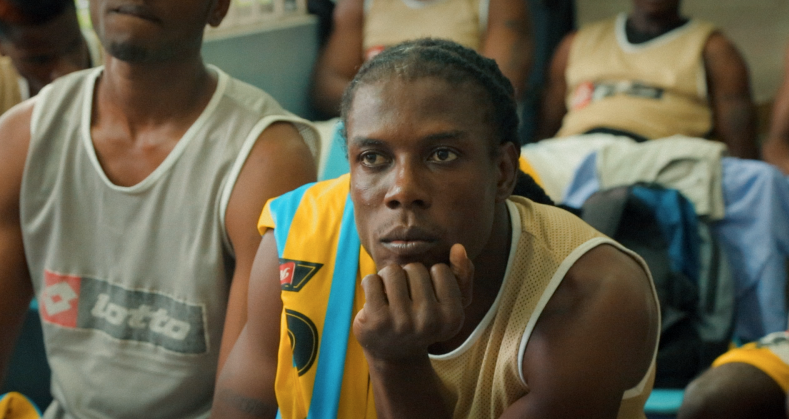From Ōmisoka to Kwanzaa, there are so many ways music is used during the holiday season. Throughout history, music has been used to bring people together and create an atmosphere of peace and comfort. This is particularly true during the holiday season when we return to the same songs and melodies year after year for that nostalgic feeling.
BMS Backstage: Celebrating International Music Day
From the Executive Director
This summer was action packed with both returning and new programmatic efforts! Summer Music and Dance Institute ran from July through August, and ended with student performances. BMS also premiered the new community fundraiser, Beer & Beats that showcased adult students, faculty, and staff throughout local breweries. I also travelled to Paris to visit Ecole D’Art Musical, a music school with a similar feel to BMS. It is my intention to facilitate a cultural exchange program.
REGGAE BOYZ: A Jamaican Fairytale
A FUNdRAISER
“Growing up on the island of Jamaica, [I] was naturally always aware of the power of sport and music to unite people.”
Reggae Boyz: The History
Jamaica has always been a country full of music and soccer. The first football club was formed in 1910 as the Kingstone Cricket Club. And in 1925 the team had its first game against Haiti. Jamaica became independent in 1962 and during that same year the Jamaican Football Federation (JFF) became a member of FIFA. The team attempted to qualify for the 1966 FIFA World Cup after finishing first in a preliminary group. Almost a decade later, JFF almost qualified for the 1978 World Cup but was defeated by Cuba during the qualifying rounds. In 1995, The Jamaican Football Federation visited Zambia to play a friendly football match. It was during that visit the local media conceived the name “Reggae Boyz” naturally drawing connections with the music that originate in Jamaica and the football team. Two years later, on November 16, 1997, after three wins over El Salvador, Canada, and Costa Rica, Jamaica secured its first ever qualification for the1998 World Cup. November 16, 1997 is a significant day in Jamaican history for two reasons, one being the World Cup qualification. And second, as stated by the President of the Jamaican Football Federation, “not a single bullet was fired in the country.” And this is where the story of REGGAE BOYZ the documentary begins.




Reggae Boyz: The Documentary
“Do it for yourself, do it for your country. We qualified before and we can qualify again...” - Prime Minister Portia Simpson-Miller
On November 16, 1997, when Jamaica’s national soccer team – a.k.a. the “Reggae Boyz” – qualified for the 1998 World Cup, not a single bullet was fired despite Jamaica having one of the highest murder rates in the world. Mindful of this history, in 2017, Jamaica tries to inspire its populace by qualifying for the World Cup again. When their efforts start to fall short, Winnie Schäfer, a colorful German coach, enters the scene and forms an unlikely alliance with a Rastafarian factory worker named Jermaine “Tuffy” Anderson and legendary reggae musicians including Bunny Wailer and The NoMaddz to unite Jamaica beyond the soccer pitch. REGGAE BOYZ uses pop cultures’ most transcendent forces – sports and music – to delve into the heart and soul of Jamaica.
Sensing how much music and soccer are intertwined in Jamaica, Winnie visits Bunny Wailer – co-founder of “Bob Marley and the Wailers” – at the legendary musician’s home. Bunny not only introduces Winnie to the benefits of herbs, but he also suggests that putting Tuffy on the team will change Jamaica’s fortunes. Winnie takes the hint, calls up the factory worker, and together they manage to unite Jamaica beyond the soccer pitch, leading the Reggae Boyz on a path to success that culminates with their first-ever Gold Cup Finals in 2015 and 2017. REGGAE BOYZ is a romp through Jamaica’s heart and soul, where the journey is the goal.
Reggae Boyz: The Conversation
During the screening we were honored to have special guests Damon DeGraff and his friend Romario Burrell from Jamaica. Both participated in the q&a session of the screening. Here is a quote from Burrell and why his presence last week was significant!
“Growing up on the island of Jamaica, [I] was naturally always aware of the power of sport and music to unite people.”
Burrell’s was aware of how significant the Reggae Boyz story was regarding the history of Jamaica and how uplifting it would be for the culture from a local and global perspective. This was because his father was the President of the Jamaican Football Federation before, during and after the filming of the documentary – and he offered such an important perspective about the the Reggae Boyz origin story and why it truly was a fairytale!











